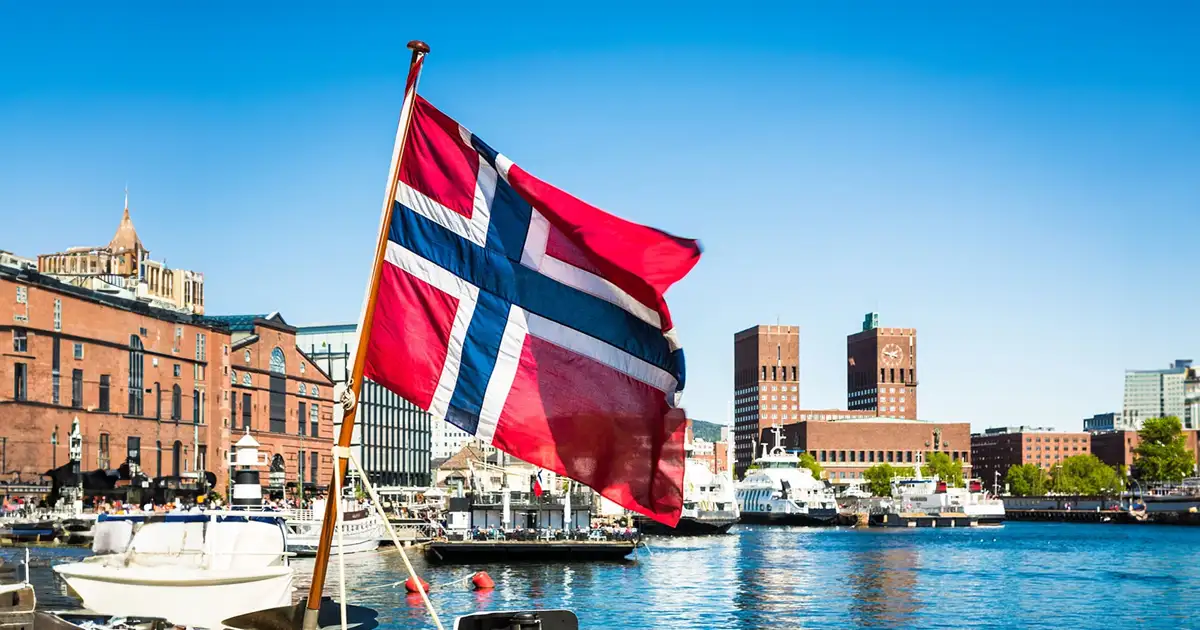Norway’s Conservative Party wants to end gambling monopoly by 2028
The Conservative Party of Norway is calling for an end to the state gambling monopoly. In their election manifesto of 9 September, they announced a move to a licensing system, to be implemented by 2028. This reform would bring Norway more in line with other Scandinavian countries that have already liberalized their gambling markets.
Conservative Party calls for licensing system
The Conservative Party of Norway wants to abolish the current gambling monopoly, which is run by the state-owned companies Norsk Tipping and Norsk Rikstoto. They are calling for a shift to a licensed gambling model, to be implemented by 2028. Norway is the last Scandinavian country to still maintain a state gambling monopoly, but this new course points to possible major changes in the future.
The move by the Conservative Party comes after increasing calls for market liberalisation. With this, they want to bring Norway closer to countries like Sweden and Denmark, which have already adopted a regulated gambling model with licenses.
Finland’s liberalization as a model for Norway
Finland’s decision to liberalize its online gambling market in July 2023 has had a direct impact on the debate in Norway. The reform in Finland has revived political interest in Norway to reconsider its own gambling monopoly. Many see the Finnish model as a model for Norway.
The Conservative Party’s election manifesto emphasizes the financial benefits of a licensing system. According to the party, this would increase revenue for the state and provide more opportunities to help problem gamblers. Prominent party members such as Magnus Mæland, Ola Svenneby, Tage Pettersen and Anita Oterhals Eide support the reform, with the party positioning itself as an advocate of a more open market.
Political landscape and opposing views
The Conservative Party’s view reflects the changing public attitudes towards gambling regulation in Norway. However, the ruling Labour Party, which currently has a small majority, is in favour of maintaining the monopoly. At the same time, opposition parties are advocating alternatives. The Progressive Party was the first to propose an end to the monopoly in 2021, calling for a licensing system similar to neighbouring countries.
The Liberal Party takes a more cautious stance. They advocate a review of gambling regulations and the impact on gambling addiction, without explicitly calling for an end to the monopoly.
Public consultation and outlook for 2025
With the 2025 general election looming, the Norwegian population will have the opportunity to have their say on the plans of the political parties. If the Conservatives gain more influence after the next elections, the transition to a licensed gambling model could become a reality in 2028.
In January 2024, the International Betting Integrity Association (IBIA) and the Norwegian Betting Association (NBO) expressed similar concerns about the state monopoly. They advocate reforms to improve consumer protection and oversight, which laid the foundations for the Conservative Party’s current position.


